The director and co-writer of Italy’s foreign language Oscar submission The First Beautiful Thing, talks to Jeremy Kay about shooting in his home town Livorno and going up against Avatar at the box office.
Paolo Virzi’s The First Beautiful Thing (La Prima Cosa Bella) is a comedic saga about a misanthropic academic who reconnects with his free-spirited mother in her final days. Tartan Palisades holds US rights and will release this spring. Wild Bunch is the international sales agent.
How autobiographical is this film?
There were pieces of my heart in the movie. It’s set in a town where I was born and raised [Livorno] and where I ran away from, like the characters in the movie. My mother is still alive and was a very joyful person in her youth. She was a singer. The germ of the story was born when I was shooting a documentary in Livorno. There was a local singer who was very talented but had no success and I felt a desire to give back. I bought an apartment there and felt a desire to make peace with the city I had made a brutal getaway from, to Rome, when I was 20 or 21. I had been back there three times to shoot a movie but every time I was staying in a hotel, but for the first time I wanted to settle.
How did it do at the box office?
“The movie was released in Italy one year ago [through Medusa] on January 15, the same day as the official release of Avatar. We accepted the challenge and did pretty well at the box office probably because we had a very different audience. We got 1.2m admissions. It beat Avatar in Livorno and is the biggest release ever there. This has been the first time in Italy people have stopped me in the street and thanked me for a film.”
How would you define this film?
I’m considered a guy who makes comedy. Italian comedy is already a mixture of laughs and tears. At the end of a comedy the hero gets married and at the end of a tragedy he dies – in this film the hero marries and dies at the end. I don’t like a tragedy if it doesn’t have something funny and I don’t like a comedy if it doesn’t have something serious to say – I like the combination of the two. Life has this taste – it’s a funny tragedy.
What is the film-making landscape like in Italy now?
It’s a time of deep crisis, but at the same time there are a lot of new film-makers. Every year we see several very good films. I am very proud of being part of this season. There are many directors I admire a lot – [Silivo] Soldini, [Gabriele] Muccino, [Paolo] Sorrentino. Our national market share of Italian product is 35%, which is huge, especially if you consider this country doesn’t give any public support to the industry.
Tell us about casting. You trawled through thousands of auditions for the two young children
It was hard work. We had to build a complicated puzzle of look-alikes, especially with the characters of Bruno and Valeria, because we had to find them at three different ages. I put together a cast of well-known actors like the legend Stefania Sandrelli, Valerio Mastandrea and Micaela Ramazzotti [Mastandrea and Ramazzotti won David Di Donatello awards along with screenwriters Virzi, longtime collaborator Francesco Bruni and Francesco Piccolo]. The children were magical. I’ve made many movies with children and it was tricky, but this time they were like professionals.
You shot entirely on location in Livorno from May to July 2009. What was that like?
I have controversial feelings about my home town and the narrow-minded outlook of some of its people, but at the same time it’s my home. It was a very sexy time because nine months later some of us [including Virzi and his partner Ramazzotti] had children. It was a movie that gave us the desire to have people around. I had a lot of support from the town. The Livorno people co-directed the movie. I was often surrounded by people who would drive by and correct the accent of an actor. But I like that and was happy to share this movie with my town.




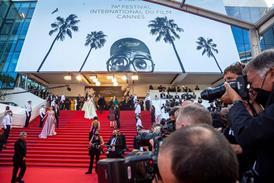
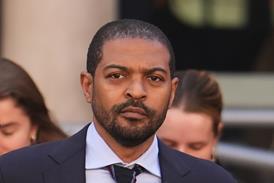
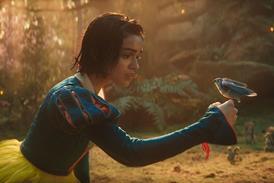
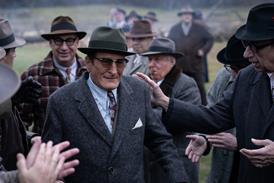



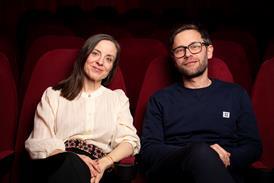
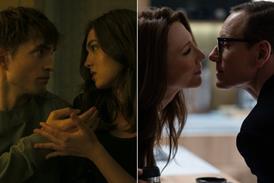









No comments yet